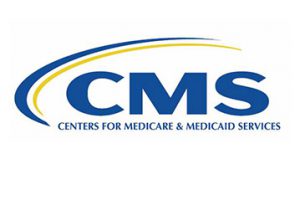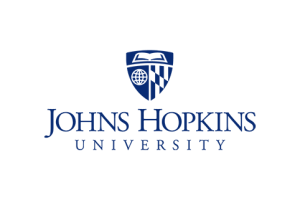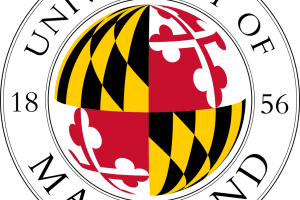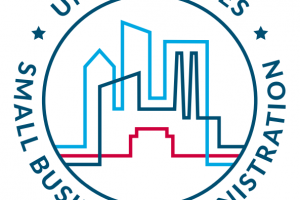
This past September, Optimal Solutions Group, LLC (Optimal) opened its new innovation and entrepreneurship center (IEC) as a part of its ongoing commitment and focus in these areas. The center, which is operational, is located adjacent to Optimal’s current headquarters in the University of Maryland’s (UMD) M Square Research Park. Research park tenants, University of Maryland officials, clients and partners are invited to Optimal’s newest center celebration.
Currently, Optimal contributes to several entrepreneurship and innovation initiatives such as
- sponsorship of UMD’s College of Behavioral and Social Sciences (BSOS) business plan competition,
- sponsorship of UMD’s annual Human Computer Interaction Lab Symposium,
- sponsorship of UMD’s Smith School of Business, Center for Health Information and Decision Systems annual Workshop on Health IT and Economics,
- providing an entrepreneur’s perspective on the National Science Foundation/Howard University annually sponsored “Why be an Economist Day?,”
- evaluation support for the Small Business Administration’s (SBA) innovation clusters,
- partnering with UMD’s Institute for Advanced Computer Studies (UMIACS) under a State of Maryland Industrial Partnerships grant (MIPs) for the development of artificial intelligence in health care quality improvement for Medicare Advantage Organizations and;
- supporting international development projects for the U.S. Agency for International Development (USAID) through real-time data collection and analysis systems and the launch of Optimal Africa Research (OAR) which is dedicated to “propelling rigorous and sustainable policy research in Africa.”
The new center’s activities will be focused on further developing Optimal’s real-time framework and tool set, which are designed to enable “real-time public policy decision making.” In addition to software development, some of the technologies and tools within Optimal’s proven framework include social media analytics, business intelligence and analytics, dashboards and customized multi-modal reporting. In addition, applicable rigorous research methods are researched and implemented to integrate with the technological tools used.
Optimal, an Inc. 500 firm, in anticipation of “big data” — is focusing on enterprise-wide and external disparate data integration including unstructured data, while incorporating rigorous and alternative research methods such as agent-based modeling. Additionally, Optimal will be hosting within its center, entrepreneurial students and fellows who will have 24-hour access to a “live, work and play” environment designed to spur constructive creativity and resulting products.
According to Optimal’s Vice President and COO, Tracye Turner, “Optimal is committed to continuing the research innovation leadership that it has provided in public policy research by encouraging the environment needed to cultivate thought leadership. With the instant creation and vast amount of data available today, there is an urgent need for policy decision makers to get facts quickly, accurately and less expensively. While political debates dominate the headlines, the public also needs timely information and facts. This new center will provide stakeholders, including policy makers, implementers and the public with unbiased data and tools to enable their decision making.”
In addition to Optimal’s university collaborations such as UMD, Drexel University, and Carnegie Mellon University, some of the strategic technologies and affiliations Optimal has are with firms such as IBM Cognos, Microstrategy, Tibco SpotFire, Radian 6, Collective Intellect and Apple.






